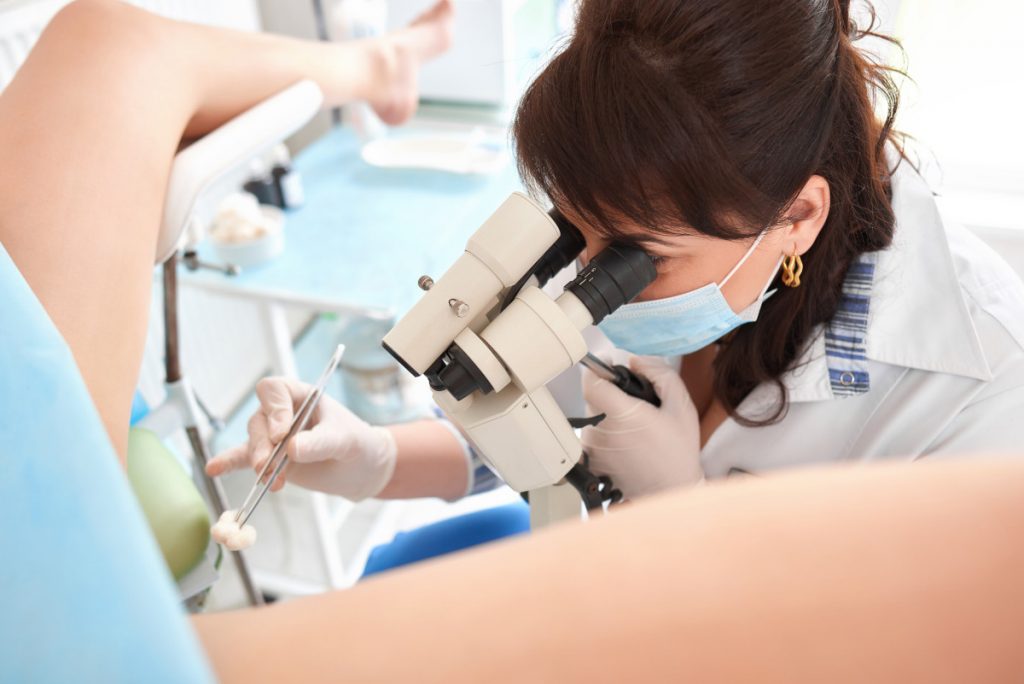What causes vulvar lesions?
Vulvar lesions can develop for all kinds of reasons, some harmless and others that need immediate treatment. Here are some of the most common causes:
Infection
Fungal, bacterial, and viral infections all cause vulvar lesions. Your doctor prescribes antibiotics or antifungal medication to clear it up.
Sexually transmitted diseases (STDs)
STDs, such as the herpes simplex virus (HPV), syphilis, and HIV, are the most common cause of vulvar lesions.
Allergic reactions
A reaction to a skin or laundry product can cause vulvar lesions. Try switching products to see if the lesions go away.
Drug reactions
Certain antibiotics and nonsteroidal anti-inflammatory drugs (NSAIDs) can trigger vulvar lesions.
Autoimmune disease
Some autoimmune and inflammatory diseases can cause lesions to develop, including Crohn’s disease, Behcet’s disease, and Darier disease.
Vulvar cancer
Vulvar cancer is more common in older women and causes lesions to form around the vagina. Treatment involves removing the cancer and sometimes some of the surrounding tissue.
Other illness
Some common illnesses, like respiratory infection and tonsillitis, can cause vulvar lesions, especially in adolescents.
If you have further questions or would like to schedule an appointment with one of the experienced women’s health providers at Poplar Avenue Clinic, call today or book through the patient portal.

